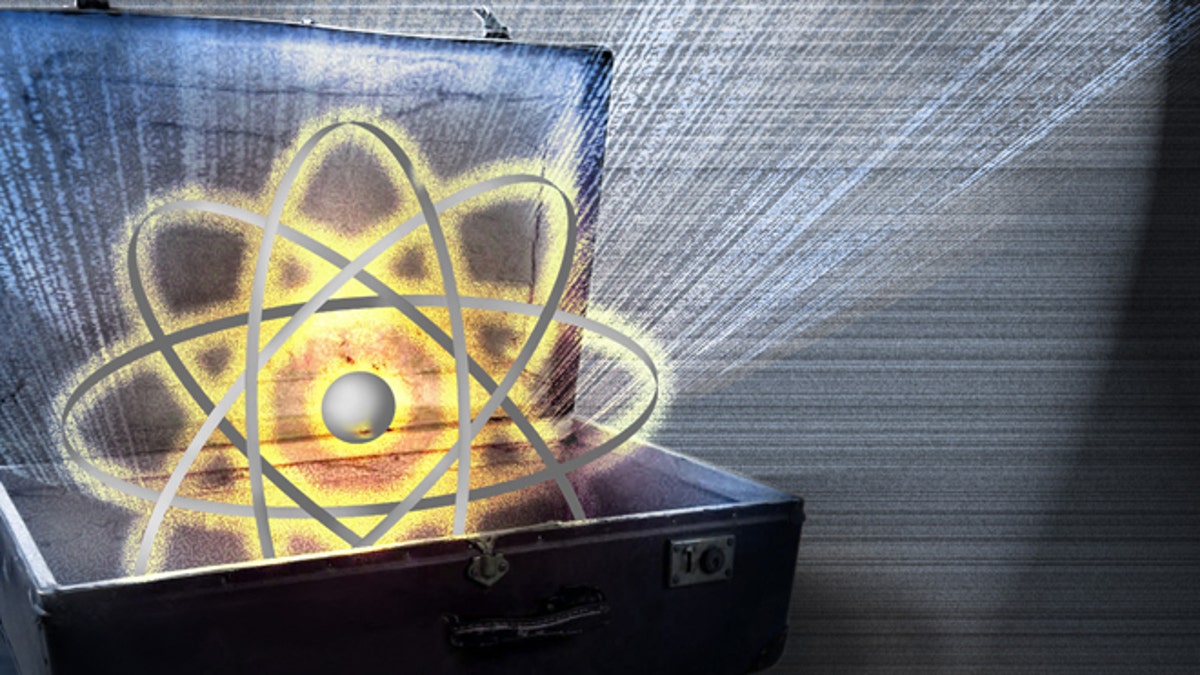
(AP)
A dirty bomb is set off against Americans and first responders rush to the scene -- but how do they know who has been irradiated and requires urgent care?
Whether a dirty bomb or nuclear disaster, it’s crucial to identify people exposed to dangerous radiation levels in order to get them the right treatment. Equally, first responders need a way to quickly identify radiation exposure versus chemical exposure or infection from injury.
There is currently no rapid screening method, however.
Two popular options are a blood assay tracking chromosomal changes or the “watch and wait” for physical symptoms. Both methods can take several days to yield results; neither is good enough for victims who would have benefited from immediate treatment.
Scientists from the U.S. Department of Energy’s Lawrence Berkeley National Laboratory recently published research on developing rapid radiation exposure detection in the PLOS ONE journal.
Within hours instead of days, the team’s new blood test can not only detect if a person has been exposed to radiation, it can also measure the exposure dose and identify people with inflammation injuries.
The test could help emergency personnel quickly differentiate between people needing immediate care and those exposed to lower doses who would benefit from long-term monitoring.
Only a low percentage of people in a radiation exposure incident would likely have had a high enough dose to need immediate medical attention.
In a radiation emergency involving a large number of people, a tool to triage and immediately distinguish between low and high level exposure would provide a key advantage.
Radiation targets DNA, and the research identified eight DNA-repair genes that change more than twofold when exposed to radiation.
Inflammation can mimic radiation effects, leading to a misdiagnosis of exposure, but their research also revealed how these genes respond when blood is exposed to inflammation stress from an injury or infection.
By identifying this biochemical marker panel, blood samples can reveal radiation exposure or inflammation, or even a combination of both.
While the research is still in early days, the biochemical marker test could someday fit in a handheld device.
The researchers validated their findings with an independent irradiated blood sample dataset.
Ballet dancer turned defense specialist Allison Barrie has traveled around the world covering the military, terrorism, weapons advancements and life on the front line. You can reach her at wargames@foxnews.com or follow her on Twitter @Allison_Barrie.
